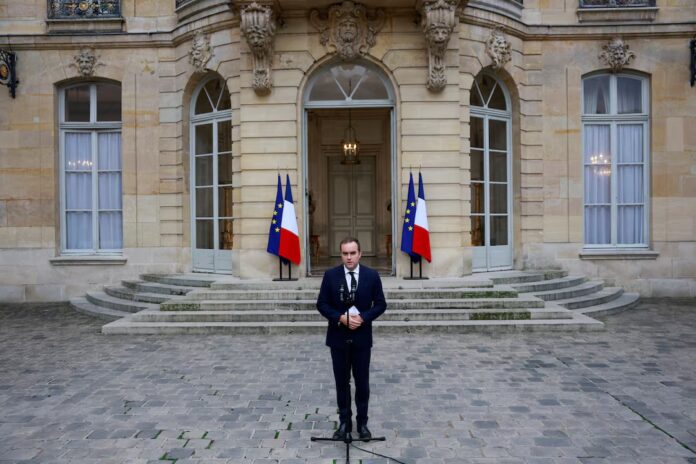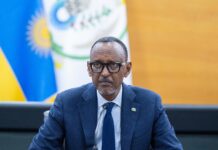
French Prime Minister Sébastien Lecornu began his second term on Saturday under intense political pressure, with just two days to form a cabinet and present a draft budget amid vows from opposition parties to topple his government.
President Emmanuel Macron reappointed Lecornu late on Friday, only days after he had resigned, citing the impossibility of passing a trimmed 2026 budget through a deeply divided parliament.
Lecornu’s previous tenure lasted just 27 days, making him the shortest-serving prime minister in modern French history, and there is no guarantee this attempt will last any longer.
Macron’s decision to bring Lecornu back has sparked fierce criticism from political opponents across the spectrum. Leftist, hard-left, and far-right parties have all declared plans to vote against his government, demanding that Macron either call fresh legislative elections or resign.
That leaves Lecornu dependent on the Socialist Party, whose leadership has yet to announce whether it will support him.
Lecornu faces an urgent deadline: by Monday, he must present a draft 2026 budget bill to both the cabinet and parliament. To do so, he must first appoint key ministers for finance, budget, and social security.
Neither the Élysée Palace nor Matignon has indicated when the new cabinet will be unveiled.
In a post on X (formerly Twitter) Friday night, Lecornu said his cabinet would reflect “renewal and diversity,” insisting that ministers must set aside personal ambitions to succeed Macron in the 2027 presidential race, a contest already destabilizing France’s fragile political balance.
While Lecornu has not revealed details of the new draft budget, he previously indicated plans to reduce the deficit to between 4.7% and 5% of GDP in 2026, compared with 5.4% this year. That would be slightly higher than the 4.6% target set by his predecessor.
It also remains unclear how Lecornu will handle two major demands from potential Socialist allies: repealing Macron’s controversial pension reform and introducing a billionaires’ tax.
Both issues could determine whether his government survives beyond Monday’s crucial test in parliament.
Source: Reuters
Written By Rodney Mbua


















